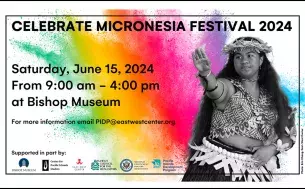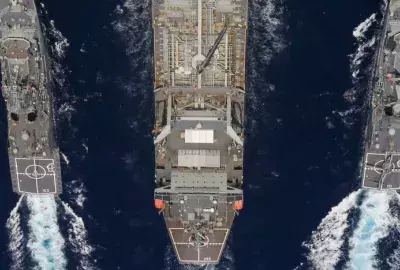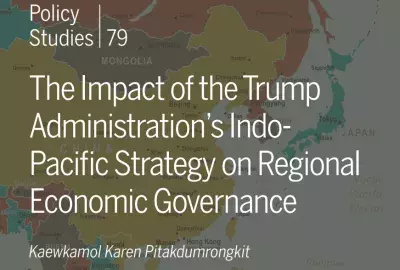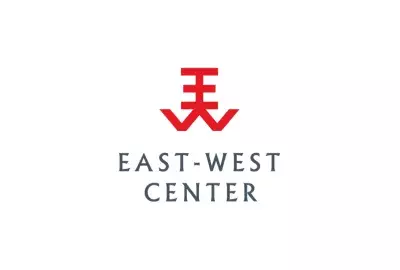Error message
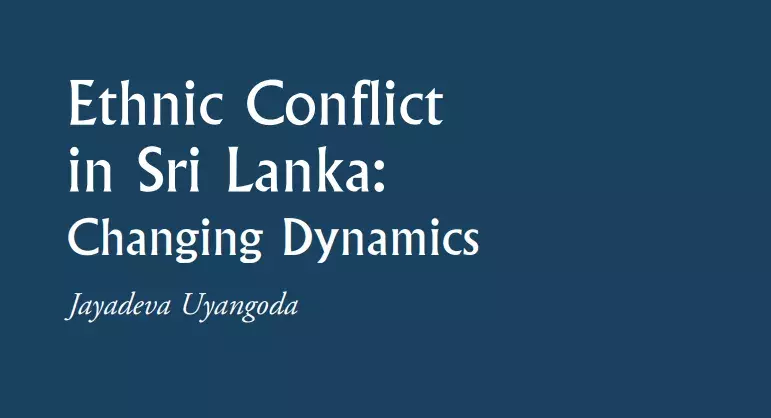
Sri Lanka's ethnic conflict has become protracted and intractable. The twenty-five-year-old civil war has been interrupted numerous times for a negotiated peace and political settlement, yet the conflict has defied de-escalation. All failed attempts at negotiated peace have propelled the civil war forward with greater vitality and intensity. Attempts at negotiated settlement, with or without ceasefires, have not only failed but have redefined the conflict. This study suggests that early de-escalation or a long-term settlement is not possible at present. A protracted conflict requires a protracted process of political transformation. Since the question of state power is at the core of the conflict, a credible short-term path to peace should begin with negotiations that aim at, and lead to, reconstituting state power along ethnic lines. This will require a grand ethnic compromise among Sinhalese, Tamil, and Muslim elites, backed by the people in the three main ethnic formations. | Additional titles in the Policy Studies series In Asia, print copies are available from the Institute of Southeast Asian Studies (ISEAS). |
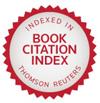
Sri Lanka's ethnic conflict has become protracted and intractable. The twenty-five-year-old civil war has been interrupted numerous times for a negotiated peace and political settlement, yet the conflict has defied de-escalation. All failed attempts at negotiated peace have propelled the civil war forward with greater vitality and intensity. Attempts at negotiated settlement, with or without ceasefires, have not only failed but have redefined the conflict. This study suggests that early de-escalation or a long-term settlement is not possible at present. A protracted conflict requires a protracted process of political transformation. Since the question of state power is at the core of the conflict, a credible short-term path to peace should begin with negotiations that aim at, and lead to, reconstituting state power along ethnic lines. This will require a grand ethnic compromise among Sinhalese, Tamil, and Muslim elites, backed by the people in the three main ethnic formations. | Additional titles in the Policy Studies series In Asia, print copies are available from the Institute of Southeast Asian Studies (ISEAS). |





